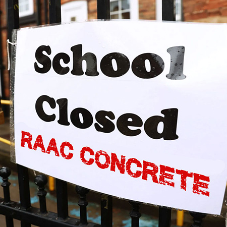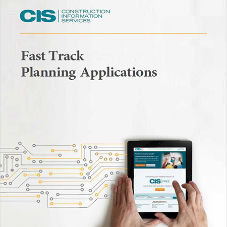Sustainability has not long since become not just a buzzword, but a serious policy. More and more of us are realizing that our future depends on protecting the health and wellbeing of our children and the planet. And to do so we have to educate new generations with the skills to solve the global environmental challenges of today, and the future.
Schools, as social institutions, can make a large contribution to wider efforts at sustainability through education and example. Whether you’re a student, a parent, a teacher, school staff member, student, or community volunteer, you of course want your school to be a healthy, welcoming place to learn.
The Government in England has stated it wants its every school to be a sustainable school by 2020, which looks like a short timescale if you haven’t started yet. And it’s hard to get started when you don’t even know where to begin! In this blog we’ve listed five simple ways you can kick-start making your school a more sustainable one.
Switch off the lights and appliances
Obviously, Classrooms use a lot of energy in lighting. When you are out of the room make sure the lights are switched off. And, make sure any electrical appliances you’ve used during the day are completely turned off when not in use.
Get a green patch
How about going literally green and plant a school vegetable garden? Or start a compost? Educating children on the full life-cycle of a plant can be inspiring and well as fun.
Encourage recycling
Make sure that your school is making the most of the council’s recycling system. Encourage students and staff to always sort out their recycling and let the children know why you are doing it.
Reduce lunch waste
Make sure the students bring in their food and drink in reusable containers, and ask them to not pack excess food that they’ll just throw away. Avoid pre-packaged items because they create a lot of waste fast!
Encourage walking or cycling to school
This might not be possible for everyone, but if school is close enough and the route is safe enough then encourage students to walk or ride a bike. By walking or biking students are getting some exercise and parent's are saving money by conserving energy as well being a bit easier on the environment and climate.
Ultimately, sustainability is about being good global citizens: ensuring adequate resources for a clean, healthy environment for all. Imagine if schools were leaders in environmental sustainability, giving students the tools to be innovators, and giving them a healthy environment in which to learn and play. Every little helps!
Related Blog Articles







